Embarking on a DIY project often brings a sense of accomplishment, creativity, and practicality, especially when it enhances your workspace's efficiency. For avid electronics enthusiasts and professional technicians alike, soldering is a fundamental skill. However, anyone who spends time soldering knows the importance of a safe working environment, free from the potentially harmful fumes generated during the process. Enter the DIY solder fume extractor, an essential tool that can transform your soldering station into an efficient and healthier workspace.
### Understanding Soldering Fumes
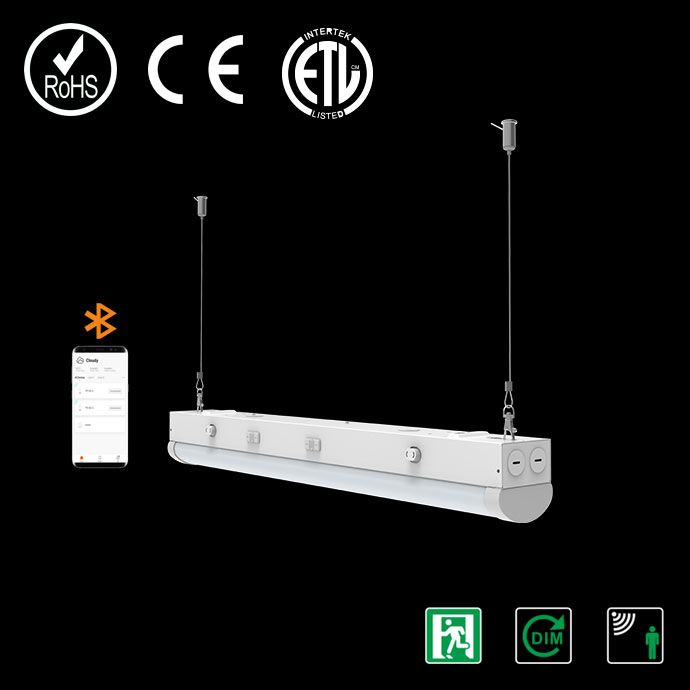
Soldering fumes consist of tiny particles and gases released from the flux and solder wire as they melt. Common components of these fumes include rosin, lead compounds, and other flux ingredients, which can be detrimental to your health if inhaled repeatedly. Common symptoms of exposure include headaches, eye irritation, respiratory issues, and, in the long term, more severe health problems. Therefore, managing soldering fumes is not only about compliance with safety standards but also about protecting your own well-being.
### The Necessity of a Fume Extractor
While many commercial fume extractors are available, these devices can be expensive and might not meet everyone's specific needs or budget. Constructing your own solder fume extractor allows you to tailor it to your requirements, ensuring that your workspace remains clear of fumes while also offering the satisfaction of building a practical tool yourself. Moreover, a DIY fume extractor is cost-effective, customizable, and can be made using readily available materials.
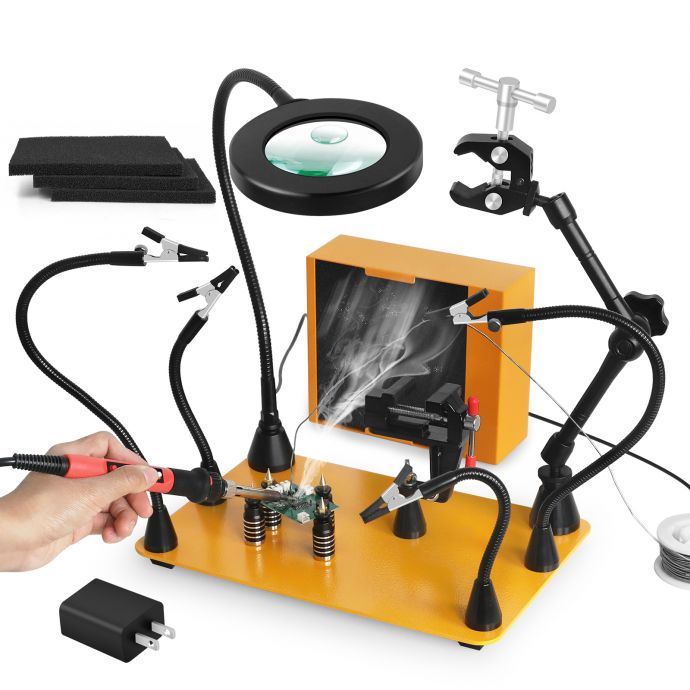
### Materials Required
To create your own efficient solder fume extractor, you'll need:
- **Computer Fan:** A 120mm computer fan is ideal due to its availability and adequate airflow capacity.
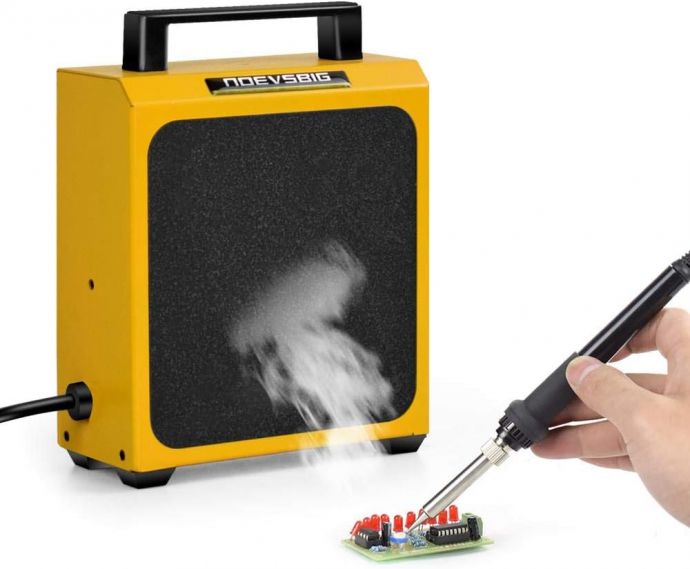
- **Activated Carbon Filter:** Activated carbon is excellent for absorbing gases and odors. Filters designed for air purifiers or aquariums are suitable.
- **Power Adapter:** A power source that matches the fan's voltage, typically a 12V DC adapter.
- **Plastic or Metal Housing:** An enclosure for mounting the fan and filter, often a plastic or metal box.
- **Screws and Nuts:** For securing the fan and other components.
- **On/Off Switch:** To conveniently operate the fume extractor.
- **Wires and Connectors:** For electrical connections.
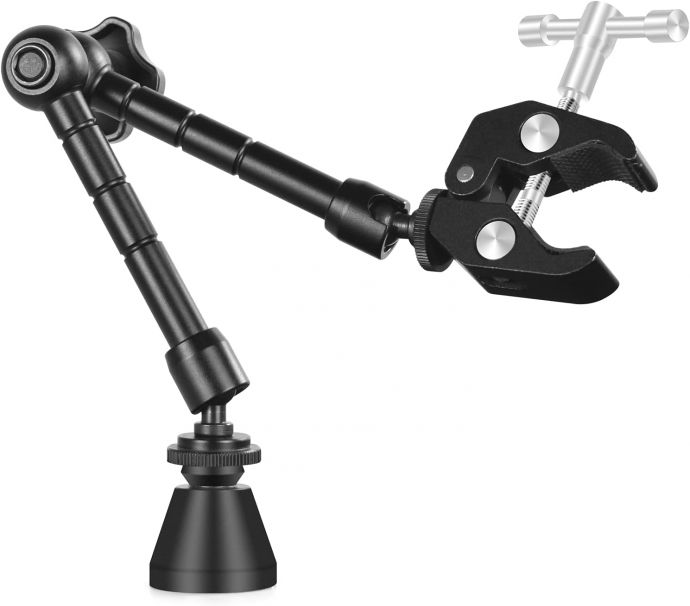
- **Soldering Iron and Solder:** Essential for assembling the electrical components.
- **Hot Glue Gun or Epoxy:** For securing components within the housing.
### Step-by-Step Construction
#### **1. Prepare the Housing:**
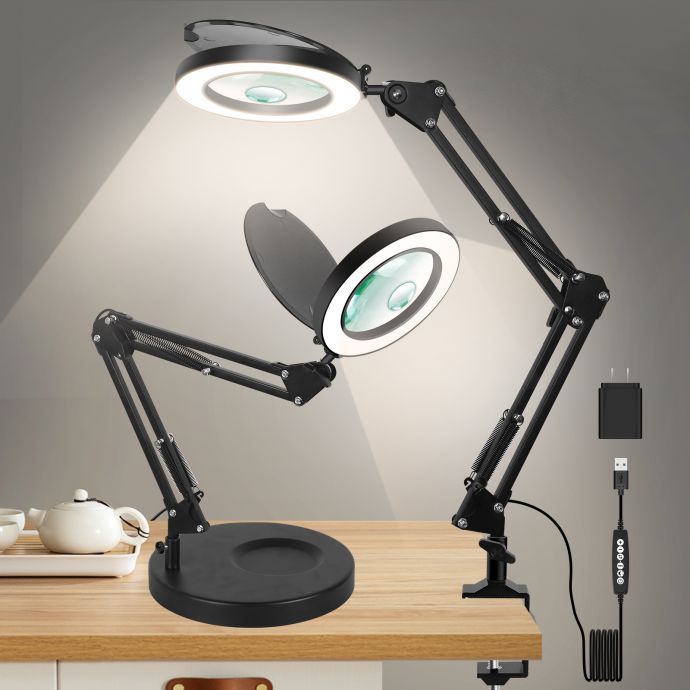
Identify a suitable enclosure that can house the fan and filter. It should be sturdy enough to support the components while offering sufficient space for airflow. Often, a small plastic container or an old speaker box can be repurposed effectively.
#### **2. Mount the Fan:**
Position the computer fan within the enclosure so that it can draw air through the filter efficiently. Secure it using screws and nuts. Be mindful of the direction of airflow, ensuring the fan pulls air through the filter rather than pushing it out.
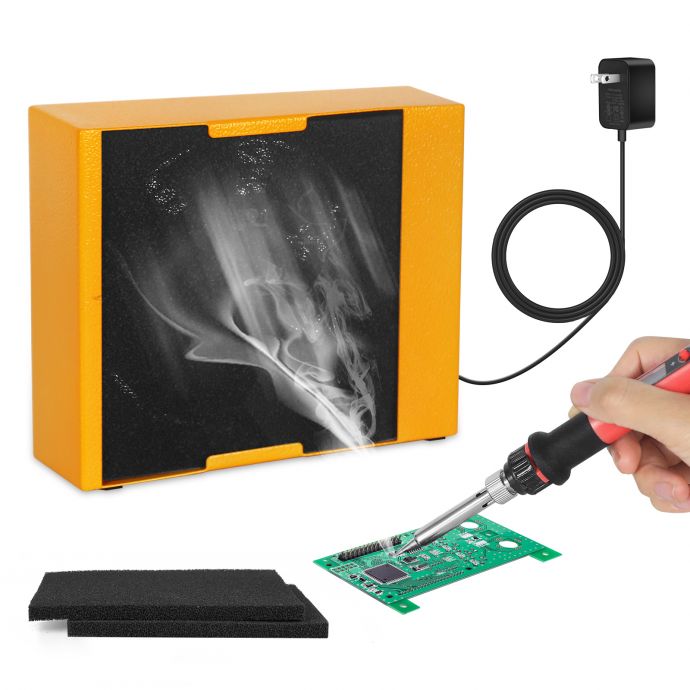
#### **3. Attach the Activated Carbon Filter:**
Place the activated carbon filter on the side of the fan where the air will be drawn through. Secure it firmly, ensuring there are no gaps that might reduce the filter's effectiveness.
#### **4. Connect the Electrical Components:**
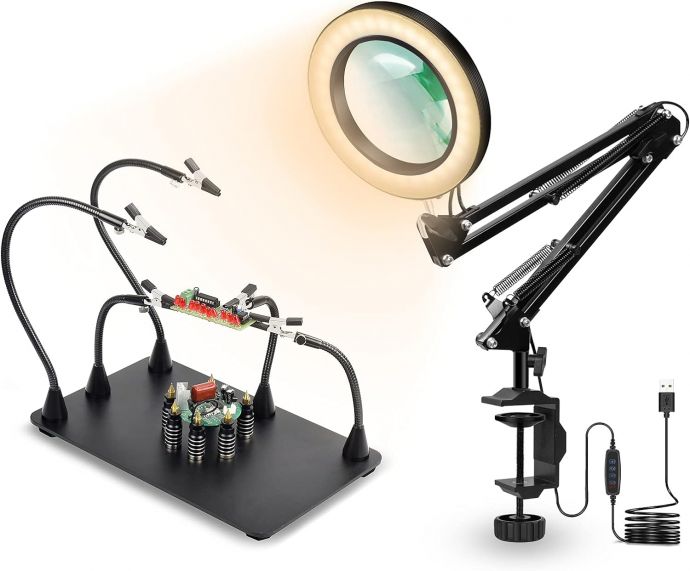
Wire the fan to the power adapter, integrating the on/off switch within the circuit. Solder the connections for durability and reliability, ensuring they are well-insulated to prevent shorts. Test the circuit to confirm the fan operates correctly when powered.
#### **5. Final Assembly:**
Complete the assembly by securing all wiring inside the housing. Use a hot glue gun or epoxy to hold components in place, preventing movement that could damage connections. Ensure all parts are firmly fixed and the housing is sealed to contain airflow effectively.
#### **6. Test Your Fume Extractor:**
Before regular use, test the solder fume extractor by running your soldering iron near it. Observe whether the fumes are efficiently captured and filtered through the device. Adjust the positioning of the extractor as necessary to maximize its effectiveness.
### Tips for Enhanced Performance
- **Regular Maintenance:** Replace the activated carbon filter periodically to maintain optimal absorption capacity.
- **Isolation:** If noise is an issue, consider isolating the fan using rubber grommets to reduce vibration and noise.
- **Portability:** Design your extractor to be compact and lightweight, allowing it to be easily positioned near your work area.
### Benefits of a DIY Solder Fume Extractor
Building your solder fume extractor offers several key advantages. It serves as a highly personalized solution that ensures your soldering environment is healthier, which is crucial for maintaining concentration and preventing health issues over time. Additionally, the skills and knowledge gained during construction can inspire further projects and innovation within your DIY endeavors.
### Enhancing Your Workspace
A solder fume extractor is one component of an ideal soldering setup. Consider complementing it with ample lighting, a soldering mat, and organizational systems for tools and materials. Integrated solutions can substantially enhance productivity and safety.
### Conclusion
Creating a DIY solder fume extractor is not just about improving safety; it's a holistic enhancement to your soldering station. This project empowers you with hands-on experience, provides a customizable solution tailored to your specific needs, and contributes to a healthier work environment. As you embark on this project, remember that the effort you invest today translates into a healthier, more efficient workspace tomorrow. With each project you undertake, your DIY mastery blossoms, one skill at a time.









